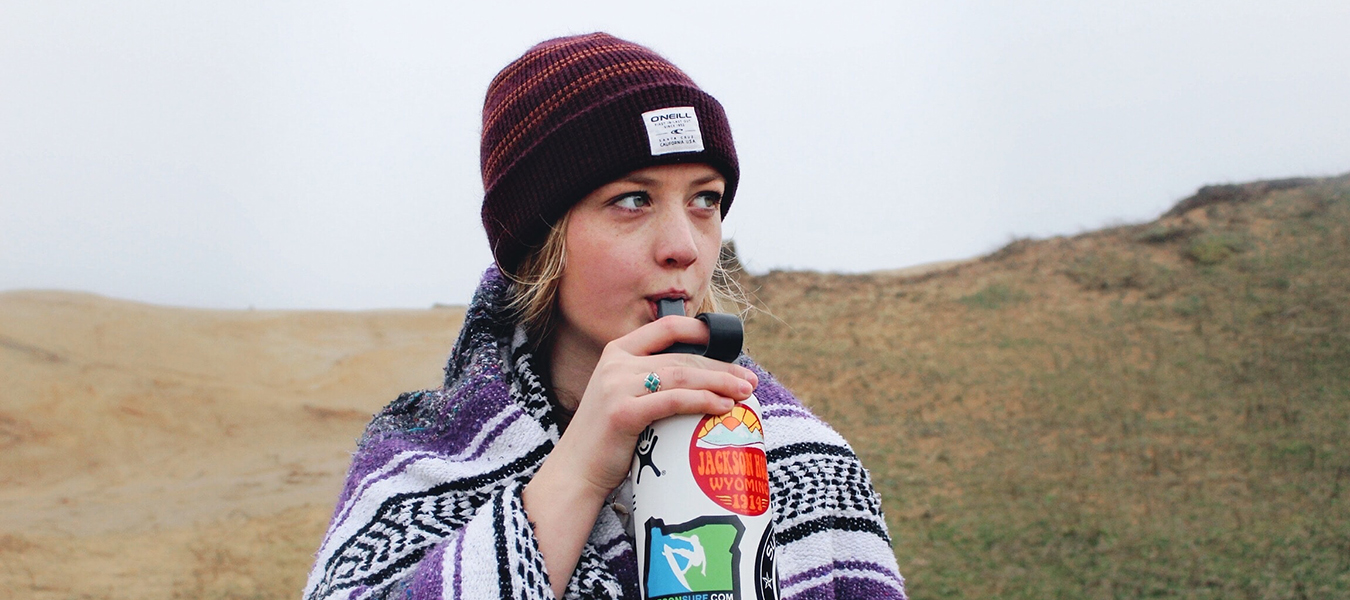
Effects of Dehydration On Your Body
The human body is made up of roughly 60% water. Throughout the day, you lose little bits of water here and there depending on what you do. Your body cannot replace it on its own so you need to drink water or other fluids to avoid dehydration. Continue reading to learn more about the effects of dehydration and what you can do to prevent it.
What Is Dehydration?
Dehydration is where your body does not have enough fluids to work properly. This most commonly happens when you are losing more fluids than you are taking in. If this continues to happen without you replenishing the water you could have serious consequences.
What Can Cause It?
Your body naturally loses a little bit of water from breathing, sweating, and urinating. This lost water is easily replaced when you drink a little bit of water throughout the day. However, there are some things that can cause you to lose more water at a faster rate. These include:
- Fever
- Vomiting
- Diarrhea
- Sweating excessively
These are not as detrimental as long as you are able to replace the water that is lost. Sometimes you might be too busy to remember to drink water, or you don’t even realize that you are thirsty. This can be dangerous because it puts you at risk of the effects of dehydration.
Effects of Dehydration
There are many different effects of dehydration. The first sign that you are dehydrated is becoming thirsty. This is your body letting you know that you need to increase the water intake. Along with that, you will have to urinate less often, and the color will turn to a dark yellow. Other effects include:
- Dry Mouth & Skin
- Tired
- Headache
- Dizziness
- Lethargy
- Seizure if severe
One good way to avoid becoming dehydrated is to follow the 8×8 rule. This rule states to drink an 8-ounce glass of water 8 times a day.
Treatment
There are many ways that you can treat your dehydration. You can do this by drinking small amounts of water throughout the day. Another way you can do this is by sucking on little pieces of ice or on a popsicle. Sports drinks are also a great way to help with mild dehydration. If you are dehydrated, do not chug down a lot of water as this will not help. It is better to slowly sip on the water to hydrate yourself or others.
For severe cases of dehydration, you might be admitted into the hospital and treated with IV fluids. You will be released when you are no longer dehydrated and you can care for yourself.
Prevention
There are many different ways that you can prevent yourself, or even others around you from being dehydrated. Try these tips out:
- Bring Extra Water: Plan out your day and bring extra water, especially if you are going to be outside all day. Being out in the heat can cause you to sweat more so you are going to need more fluids.
- Avoid High Temperatures: If possible, check the weather forecast to see if it is going to be hot. If so, you should try to plan your day to mostly be indoors to avoid heat exhaustion.
- Avoid Alcohol: Drinking alcohol can increase the amount of water that you are losing. It also can impair your ability to recognize that you are becoming dehydrated.
- Find Some Shade: If you plan to be outside, or you are outside for extended amounts of time, you should try to find some shade or an air-conditioned building to take a break at.
- Drink Consistently: To avoid dehydration, you cannot just simply chug a large amount of water at once. You need to be consistently drinking water throughout the day and getting fluids into your body to avoid it.
Conclusion
There are many ways that you can avoid becoming dehydrated. There are also many ways that you can treat it if you do happen to become dehydrated.




